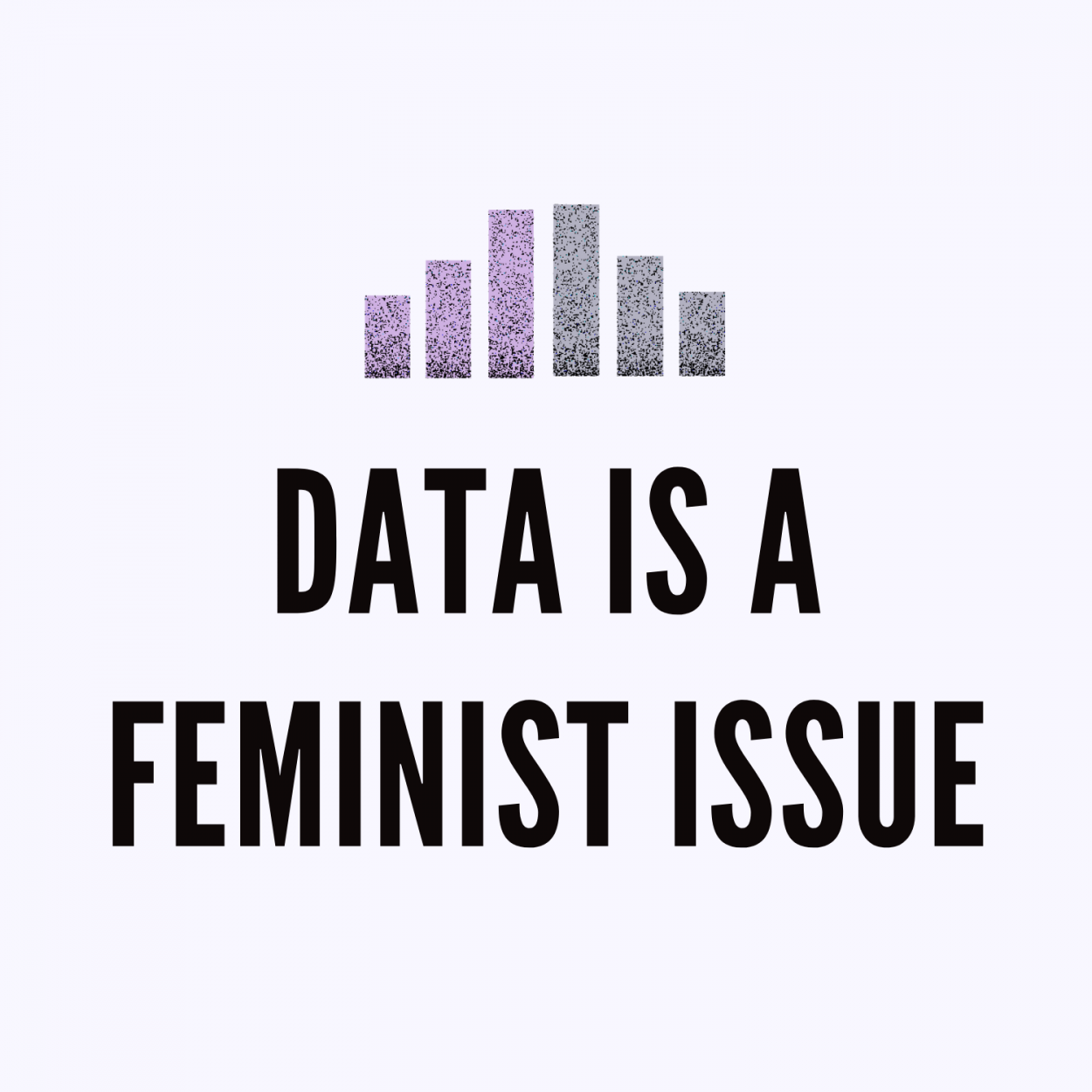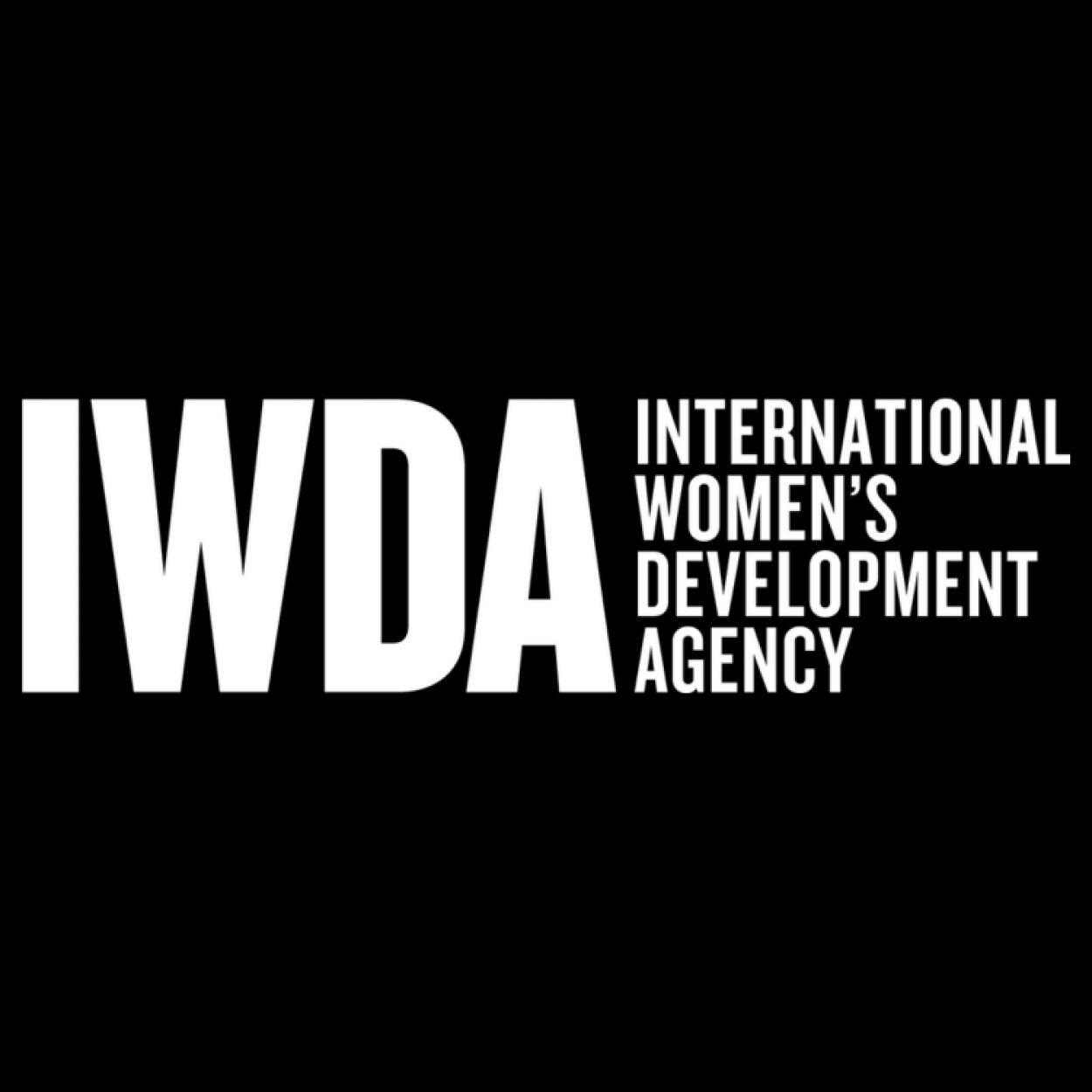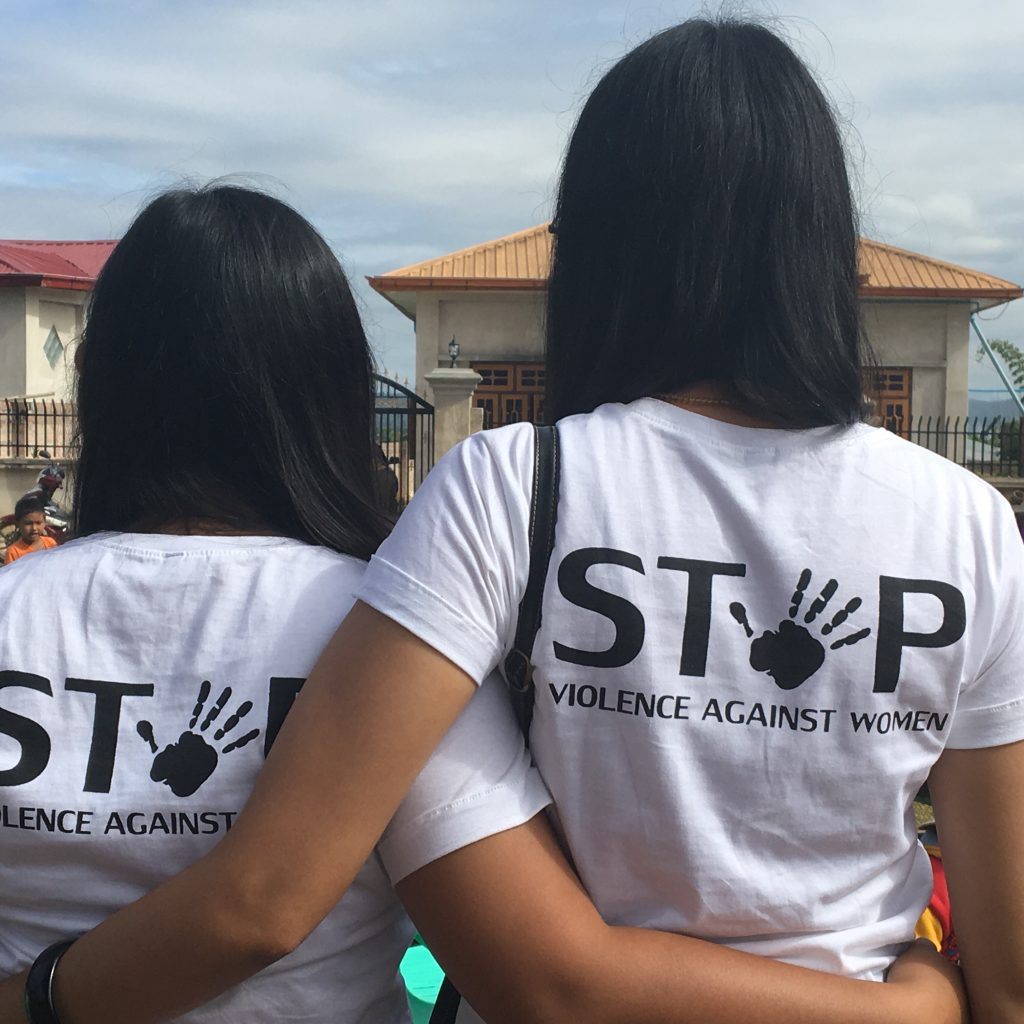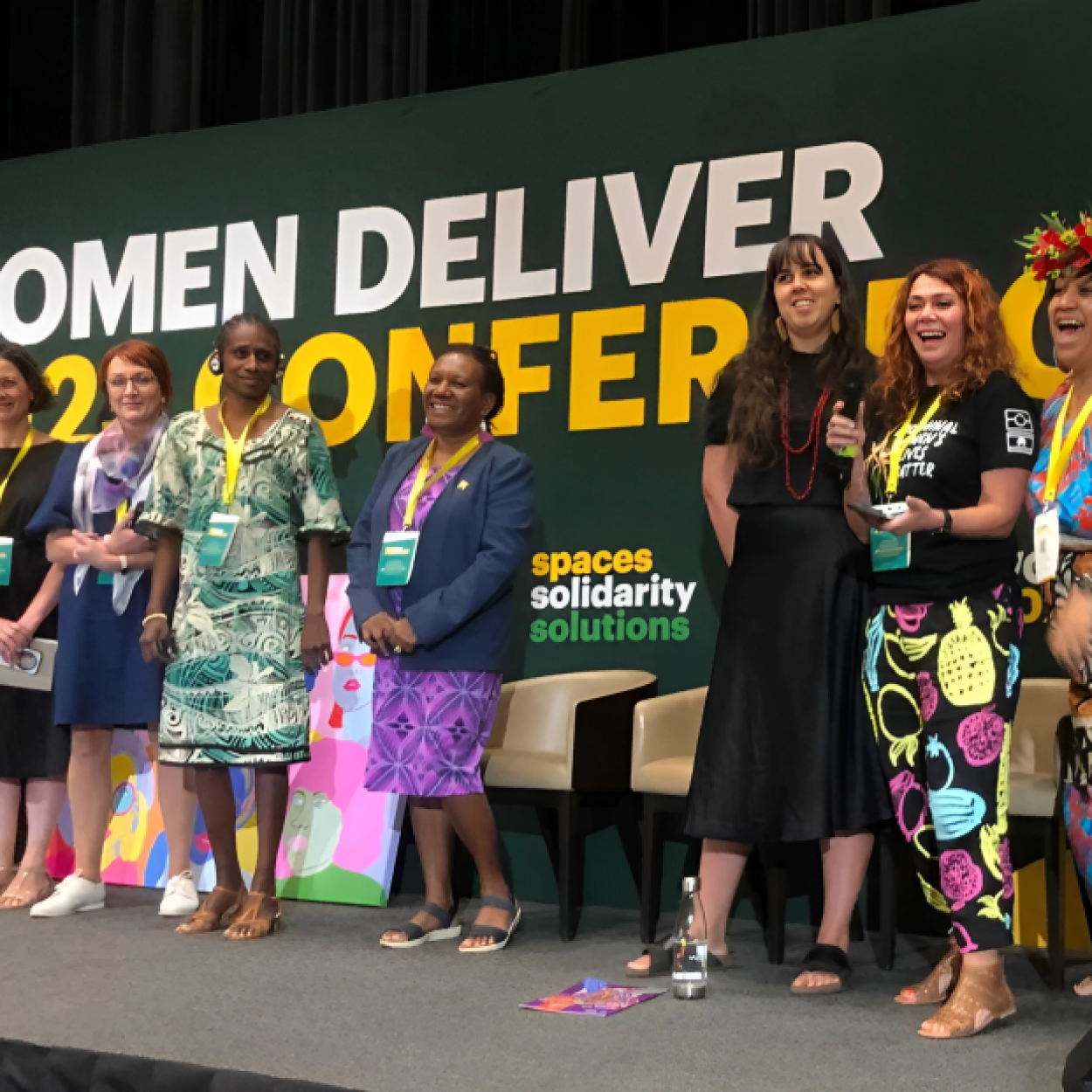
Data is a Feminist Issue
And this is a problem.
“What gets counted counts.”
– Joni Seager, Feminist Geographer-

Trend setter: Enter Feminist Data
When data is informed by intersectional feminism, it has the immense power to create a more equitable and sustainable future for everyone, everywhere. There is a growing movement of gender equality and gender data advocates calling for, and collecting, inclusive data that reflects the diversity of people’s lives and experiences.
As Catherine D’Ignazio and Lauren Klein explain in their book Data Feminism,
“Intersectional feminists have keyed us into how race, class, sexuality, ability, age, religion, geography, and more are factors that together influence each person’s experience and opportunities in the world. Data feminism must be intersectional if it seeks to address the challenges of the present.”
Data Feminism isn’t just about collecting data about gender – although this is one part of it – but instead challenging standard data practices, paying attention to power and privilege, rejecting binaries, and understanding how gender, race, disability, class, sexuality, age, religion, geography and other factors come together and shape people’s experiences and opportunities. This means Data Feminism brings to light important insights that might otherwise be concealed or overlooked.
Inclusive and feminist data plays a vital role in filling (gender) data gaps and inspiring feminist social change. It helps to ensure significant decisions that affect our lives are made using reliable, accurate, and quality data.
Let’s get in formation: Where does IWDA fit in the Gender Data Landscape?
One area where there are significant data gaps is poverty and inequality. Global poverty data can’t tell us specifically who is experiencing poverty – their gender, age, whether they have a disability or whether they live in urban or rural areas – all factors that shape and potentially deepen experiences of poverty and inequality.
These gaps are not accidental, they exist and persist by design. In other words, the way that poverty and inequality are measured means that the lives and experiences of certain groups of people, such as women, non-binary and gender-diverse people, are often invisible in the data.
At IWDA, we recognised that the conventional ways of collecting data about poverty and inequality were problematic and inadequate, so we set out to find a solution. Since 2008, IWDA has been at the forefront of research to redefine how poverty is understood and measured. Through our gender data program, Equality Insights, we have been unwavering in our advocacy for better poverty data that provides a truer picture of peoples’ experiences, and especially the experiences of women and girls.
IWDA has led the development of a new measure of poverty and inequality – one that applies a gender lens and helps to overcomes many of the limitations associated with existing poverty measures. Equality Insights collects gender-sensitive data from all adults in a household rather than relying on traditional methods that only survey ‘heads of households’. By asking individuals about many aspects of their lives – such as access to food, water, education, healthcare, time use and control over decisions that affect your life, among others – this data paints a truer representation of people’s experiences of poverty, and can be used to develop targeted solutions to reduce inequalities.

Introducing Equality Insights Rapid
IWDA is rolling out a new survey in Tonga and Solomon Islands called Equality Insights Rapid this month. This is a phone based survey designed to collect information quickly and remotely, in light of the pandemic which has disrupted face-to-face data collection. The survey asks questions about 15 areas of life including social, economic and environmental dimensions as well as household assets.
Solomon Islands and Tonga will be the first countries in the world to use this new survey. IWDA will partner with the Tonga Statistics Department to deliver the survey in Tonga. In Solomon Islands, we will be collaborating with Dignity Pasifik, a women-led research business, with support from the Solomon Islands National Statistics Office and the Ministry of Women Youth Children and Family Affairs.
The first stage is to train the data collectors – or enumerators – in Tonga and Solomon Islands, before collecting the data. Data collection activities are planned to take about eight weeks, wrapping up in July2022.
This data will then be analysed by IWDA in collaboration with Tongan and Solomon Islands stakeholders. We conduct intersectional analysis which provides new insights about who has been most affected by the COVID-19 pandemic and the recent volcanic eruption in Tonga, for example, and how this is influenced by factors such as gender, age and disability.
The insights generated are then published in a series of briefs developed in collaboration with our data collection partners, and will be used to support pandemic recovery efforts, helping to identify who is most affected and how to have the greatest impact. Powered with this data, policy-makers, women’s rights organisations and other advocates can make evidence-based decisions to reduce inequalities and the barriers that sustain them.
Equality Insights is a foundation for IWDA’s contribution to better gender data to achieve equality, rights, opportunities and freedom for individuals and communities. Equality Insights is a vehicle for transformative, systemic change and builds on IWDA’s commitment to shifting systems and structures, behaviours and attitudes, data, and analysis that stand in the way of equality for all.






